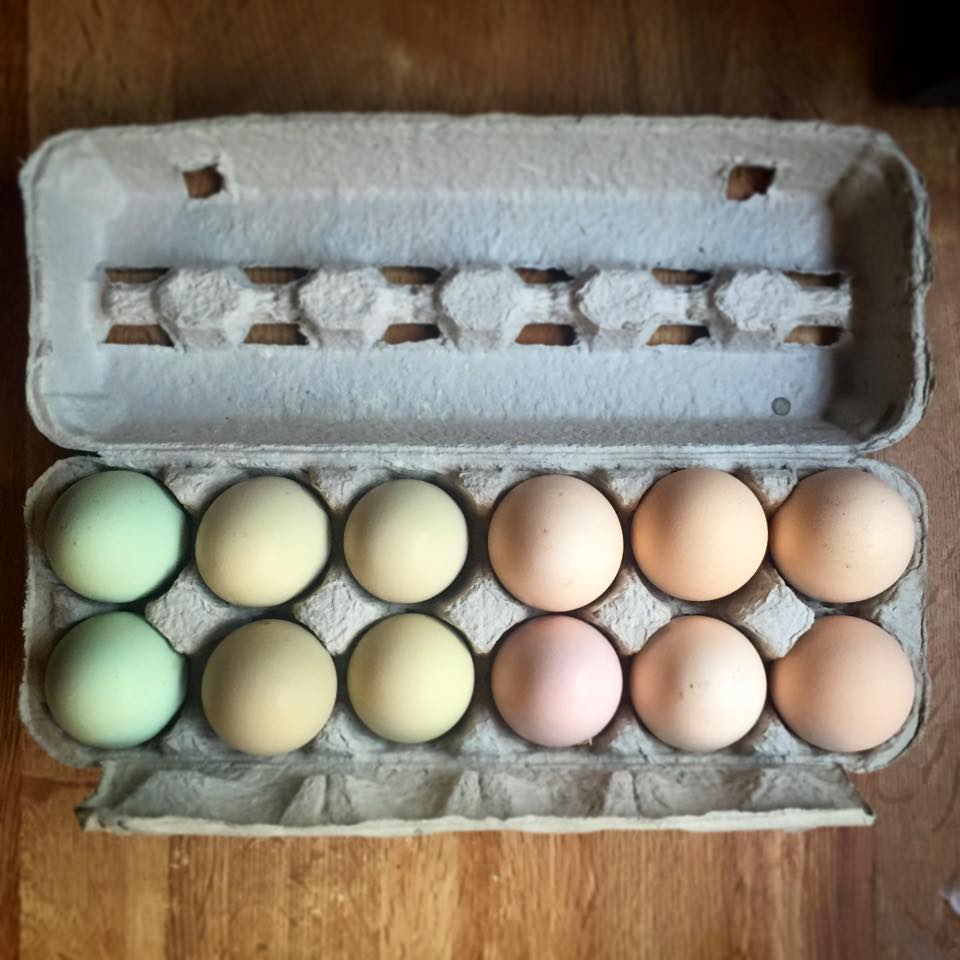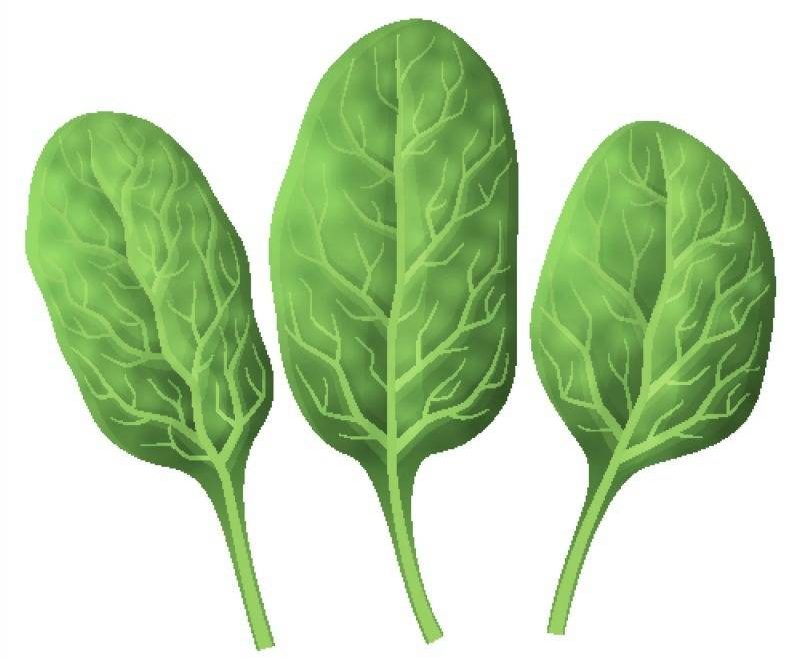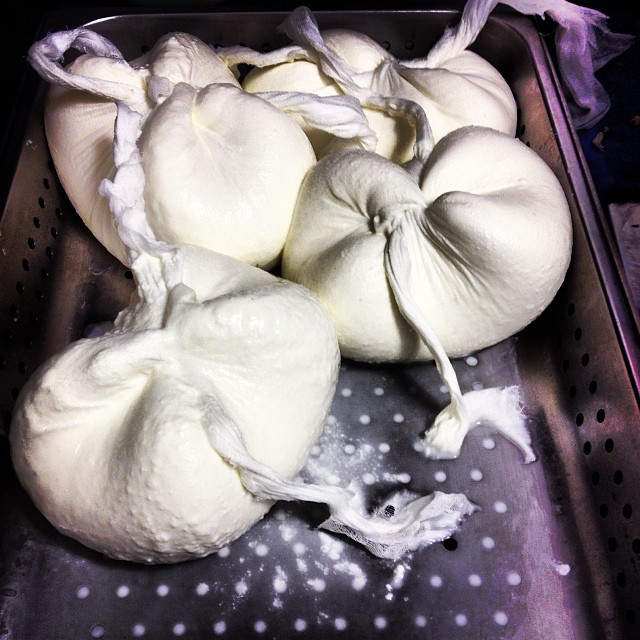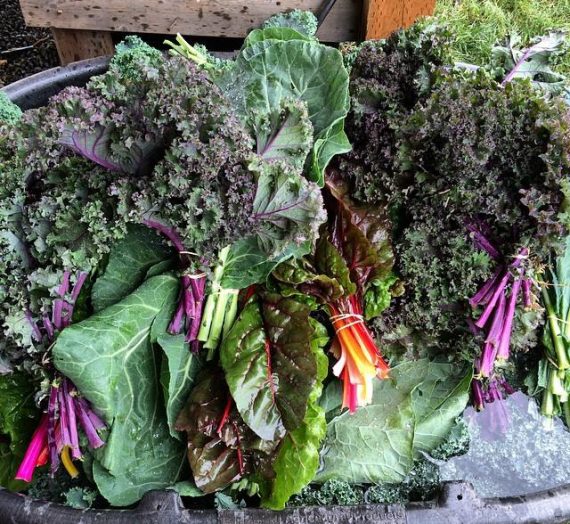Fats: Saturated, monounsaturated, polyunsaturated, trans fat. It can be really confusing.
Polyunsaturated Fatty Acid oils in their absolute worst form are those which have been fully or partially hydrogenated. This is a chemical process the factories use to make the oil solidify at room temperature, and make it much more shelf-stable. They start by adding tiny particles of toxic heavy metals which bond to the fat before it’s subjected to a highly pressurized hydrogen gas reactor. Soap-like emulsifiers and starches are squirted in there to give it the right consistency, before the solidified oil is steamed at extreme temperatures to clean out some of the weird taste. Then, the fat is bleached, dyed, and artificially flavoured to make it resemble something edible. Oh, and they can still legally call this stuff, “All Natural.”
Another name for hydrogenated polyunsaturated fatty acids is trans fats. Bet you’ve heard of that one? The rumours are true — trans fats do contribute to heart disease and other major chronic health problems.
You’ll find hydrogenated polyunsaturated trans fats in just about any processed food, from cake mixes to granola bars, breakfast cereals to fast food fries, crackers, cookies, chips, you name it. If you haven’t already, I’d encourage you to make a habit of looking for these fats on labels, before you indulge on your favourite processed goodies from time to time. Ex. Corn oil, canola oil, margarine, vegetable (vegan) shortening, grape seed + peanut oil. –Butter Believer.
Since it all tends to be very conflicting + seems as though opinions are always changing; one thing that stays consistent -is that healthy fats are essential for optimal health. This includes brian and organ function, energy output, skin health + anabolic metabolism regulation. Fats have always been good for us but when they go through mega-processing to extended their shelf life, make them taste “better,” or spread on your toast more easily, it can be cause for concern.
I always bring it back to the old school. What did our great-great grandparents use in their kitchen? They used mainly animal sourced fats like butter + lard BUT keep in mind chances are those animals were healthy, pasture raised, anti-biotic + hormone free. The animals were free-to-range + roam + eat a diet rich in green grasses. Today, most of our meat + dairy animals are confined to feedlots full of genetically modified soy + corn. A diet like this is totally unnatural to them, which can lead to depression, illness, antibiotic use, and unnecessary disease.
Many people (for ethical reasons) choose not to consume any animal products. If this is the case for you, there are plenty of healthy, plant-based fats you can enjoy to deeply nourish your body.
FOR COOKING
- virgin coconut oil
- avocado oil
- ghee
- organic cow + goat + sheep butter
These fats can be consumed in other ways as well (I love adding raw coconut oil to my smoothies + herbal tea), but since they are naturally saturated, their molecules are more stable at higher temperatures, making them good choices when using heat.
TO EAT RAW, OR VERY LIGHTLY HEATED
- hemp seeds
- flax seeds
- chia seeds
- avocados, and
- cold-pressed, virgin, olive oil
- sesame seeds,
- pumpkin seeds
- walnuts,
- hazelnuts
- almonds
It can help with the digestibility of nuts if you soak them the night before in water to cover, drain the soak water in the a.m. and store in the fridge.
When buying oils, look for the label “cold-pressed“, this indicates that no heat has been used in the extraction process. That’s a good thing since plant based fats turn rancid easily – especially when exposed to heat, light and air. Keep in mind that depending on the type of oil, some turn rancid more easily than others. The extreme case would be flaxseed oil + seed meal. It should always be kept in dark, totally light-proof glass bottles and perpetually refrigerated.
 Eggs are a whole, complete food, so eat the yolks too!Other common oils that are promoted as healthy cooking oils – like corn, canola, soybean etc – may not appear rancid, but that’s because they’ve been deodorized to remove their unpleasant smells. These oils are actually rancid before they even hit the shelves, since they’re typically extracted using very high temperatures (as well as incredibly harmful chemical solvents) that cause them to breakdown. Next, these oils undergo various treatments, including bleaching, the addition of anti-foaming agents, and deodorization, etc., to make them appealing and marketable to consumers. This makes them far from healthy cooking oils. Rancid fats are bad news for our bodies. Studies show they form free-radicals in our cells and this should be totally unacceptable.
Eggs are a whole, complete food, so eat the yolks too!Other common oils that are promoted as healthy cooking oils – like corn, canola, soybean etc – may not appear rancid, but that’s because they’ve been deodorized to remove their unpleasant smells. These oils are actually rancid before they even hit the shelves, since they’re typically extracted using very high temperatures (as well as incredibly harmful chemical solvents) that cause them to breakdown. Next, these oils undergo various treatments, including bleaching, the addition of anti-foaming agents, and deodorization, etc., to make them appealing and marketable to consumers. This makes them far from healthy cooking oils. Rancid fats are bad news for our bodies. Studies show they form free-radicals in our cells and this should be totally unacceptable.
I’m sad to say that even brands such as Earth Balance, are made from processed + heated, fragile oils. As an alternative, you can try using coconut oil, nut + seed butters, or ripe avocados. In my house, we slather avocados and almond butter on sourdough, and sprouted-grain breads, and use coconut oil in our baking + to cook with it in our cast iron pans.
Fats certainly are our friends, it’s just about sourcing out the right ones. As a rule of thumb, the least amount of processing the better and look for oils manufactured in glass bottles, not plastic. Always store your oils in the fridge, or a cool, dark cupboard to protect them from natural light. Last but not least, try and use them up once they’ve been opened, as fats don’t keep fresh for very long.
I hope this helps shed some light on a very vast and controversial topic. Real fats are certainly a medicinal food, so please, enjoy the good ones!
 Ghee: colourful, mineral-rich fat for baking, frying + sautéing.
Ghee: colourful, mineral-rich fat for baking, frying + sautéing.






Holistic Tips for 2017 - Jennifer Keirstead
[…] oils. These oils are ridiculously processed: soy, corn, canola + peanut. Choose avocado, olive, coconut, real butter, or ghee […]